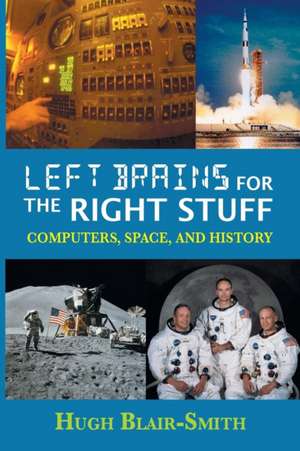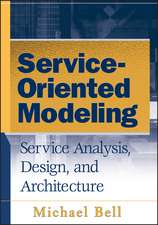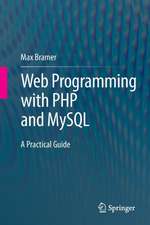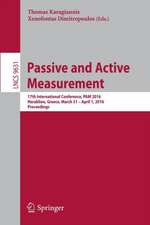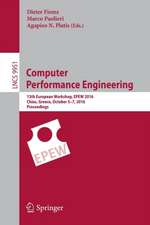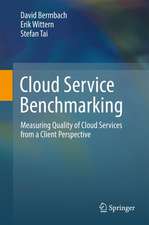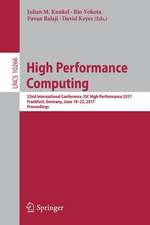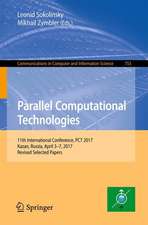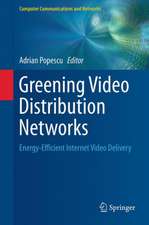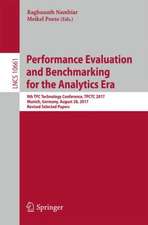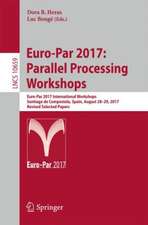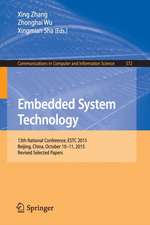Left Brains for the Right Stuff
Autor Hugh Blair-Smithen Limba Engleză Paperback – 15 noi 2015
Preț: 130.28 lei
Preț vechi: 162.86 lei
-20% Nou
Puncte Express: 195
Preț estimativ în valută:
24.94€ • 27.10$ • 20.96£
24.94€ • 27.10$ • 20.96£
Carte disponibilă
Livrare economică 31 martie-14 aprilie
Preluare comenzi: 021 569.72.76
Specificații
ISBN-13: 9780996434539
ISBN-10: 0996434534
Pagini: 474
Dimensiuni: 152 x 229 x 24 mm
Greutate: 0.63 kg
Editura: SDP Publishing
ISBN-10: 0996434534
Pagini: 474
Dimensiuni: 152 x 229 x 24 mm
Greutate: 0.63 kg
Editura: SDP Publishing
Notă biografică
As the Space Race began, Hugh Blair-Smith joined the engineering staff of MIT's Instrumentation Laboratory, founded by Charles Stark "Doc" Draper to develop self-contained inertial navigation for missiles, aircraft, and spacecraft. That timing gave him a ground-floor spot with Apollo's Primary Guidance, Navigation, and Control system, where he became the software specialist on the Apollo Guidance Computer design team, and the computer hardware specialist on the AGC programming team. Halfway through a 22-year career at MIT, he refocused on fault tolerance logic for the Space Shuttle's onboard computer system. Direct contact with astronauts included Buzz Aldrin (studying rendezvous science at MIT), Dave Scott (among the first to fully embrace the AGC way of flying), and Bob Crippen (a team member on the Shuttle work). Leaving MIT at the end of 1981, he specialized in user-interface and system-performance software, and after retiring to Cape Cod in 2005, worked with NASA on reliability software for an instrument in the Lunar Reconnaissance Orbiter, thereby placing thousands of his own ones and zeros in orbit around the Moon. Hugh and his wife Vicki, married since 1968, have two grown children, who are successful professionals. There are also two teenaged grandchildren and approximately twenty-five granddogs. When he's not sailing or preparing a paper to give at the next Digital Avionics Systems Conference, he enjoys teaching boating skills, reading (mostly history and other non-fiction), avoiding watching television, taking medium walks and thinking long thoughts, and puzzling out the meaning in a busy life.
